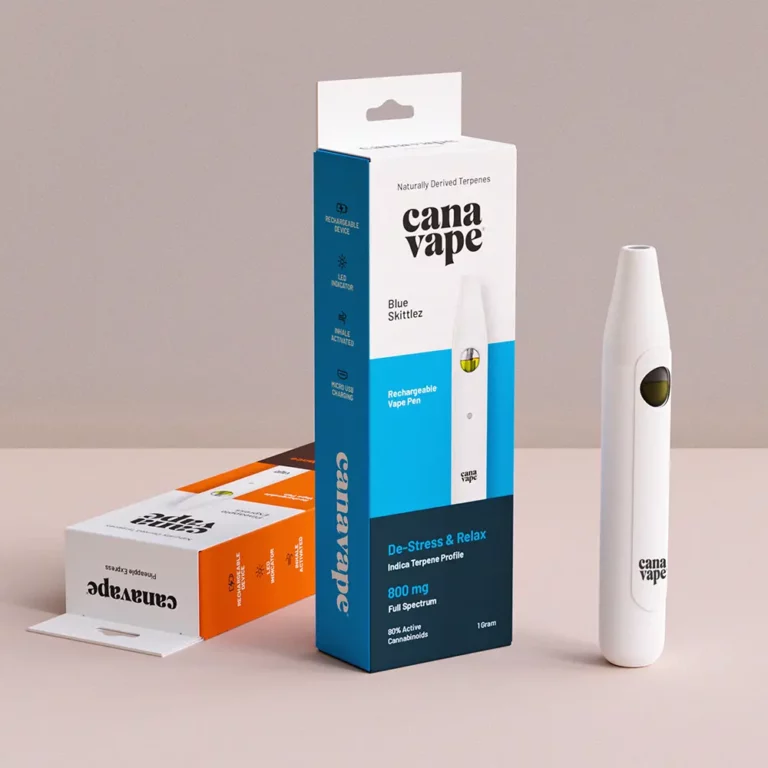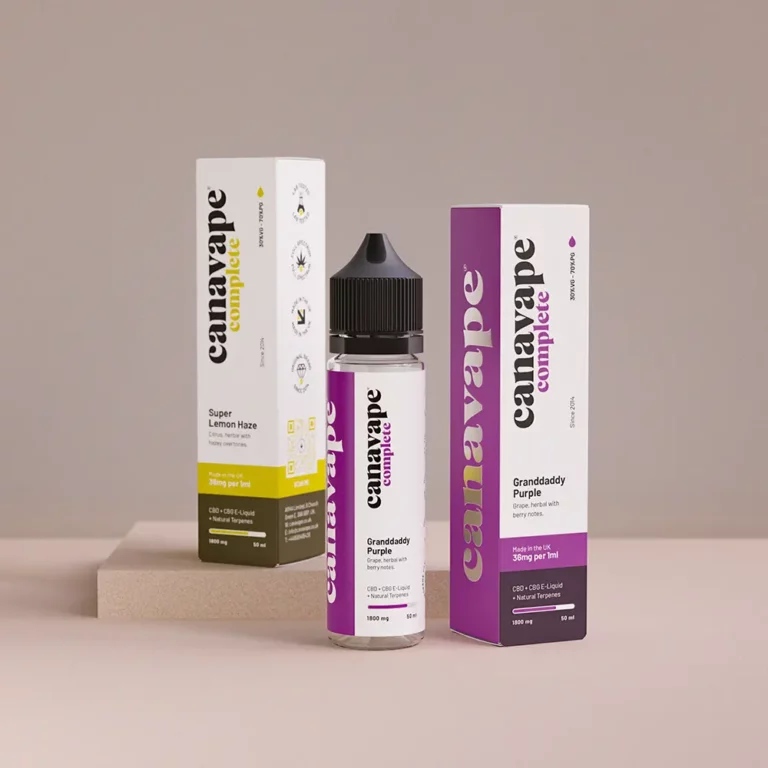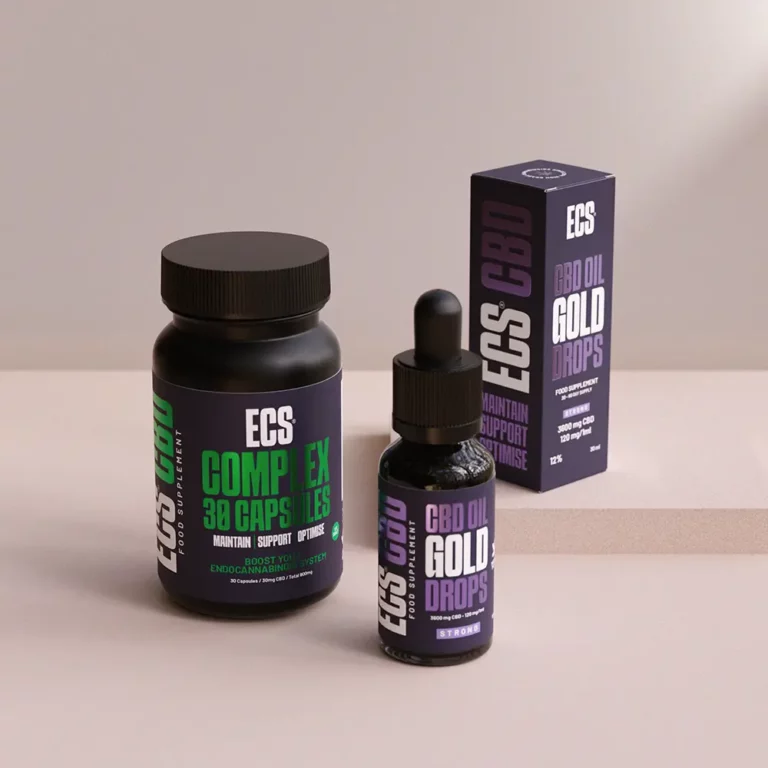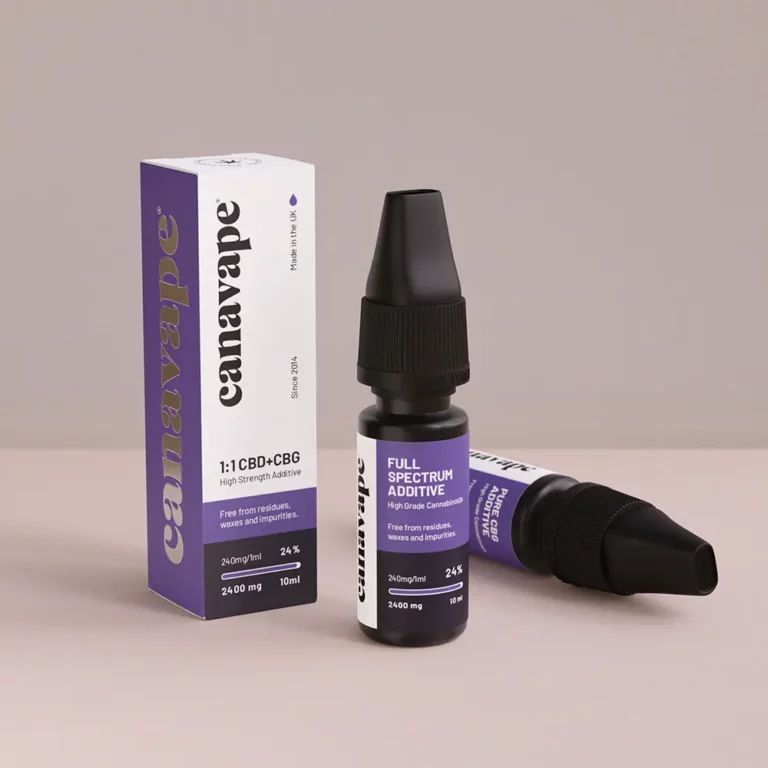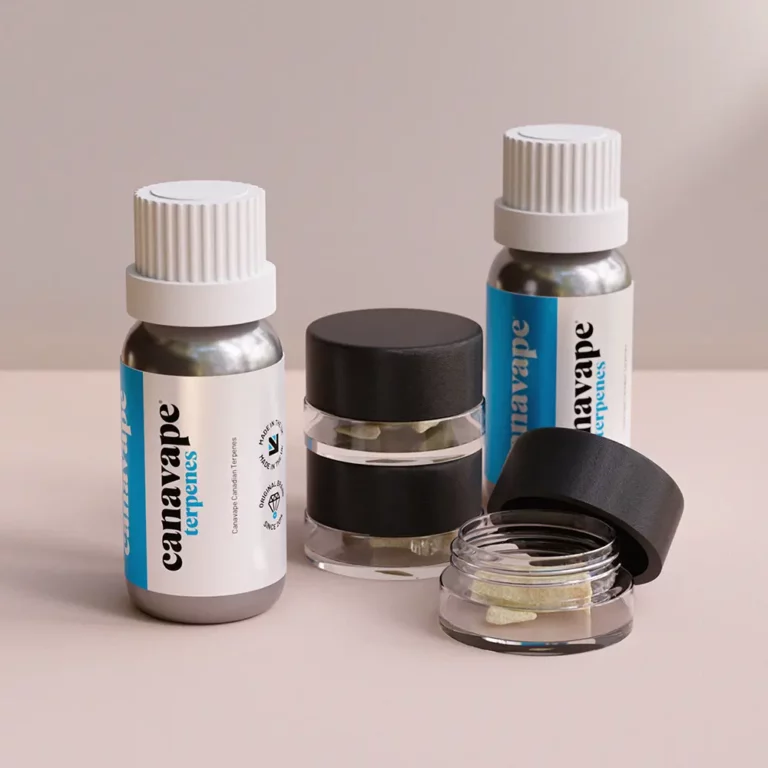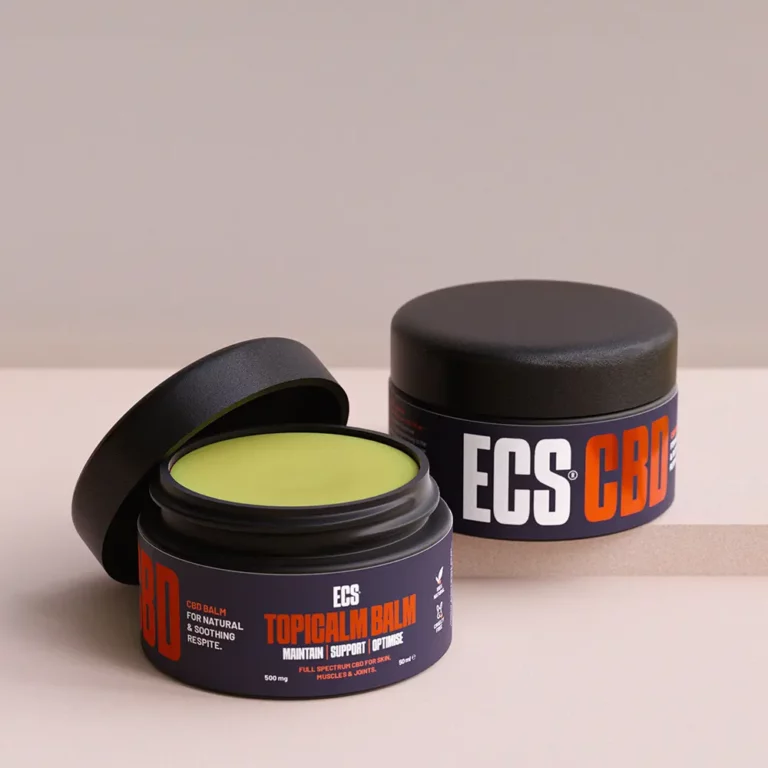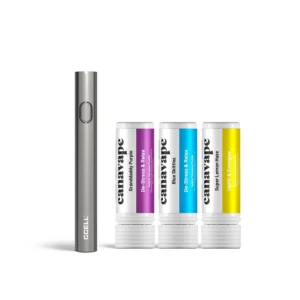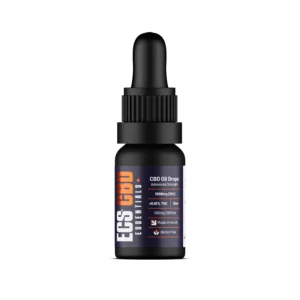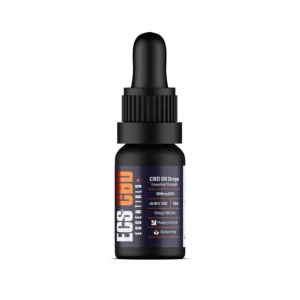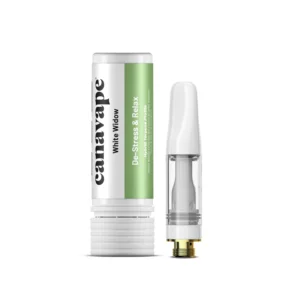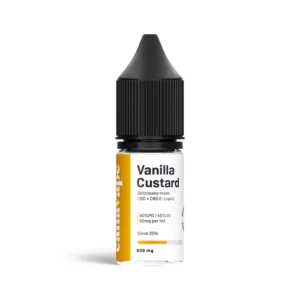When it comes to CBD oil, one of the most common questions asked is the difference between various strengths, such as 500mg and 1000mg. Understanding the distinctions between these strengths is crucial in determining the right dosage for your needs. In this article, we will explore the differences between 500mg and 1000mg CBD oil.
Definition: CBD oil is a natural extract derived from the hemp plant, known for its potential therapeutic properties. It contains cannabidiol (CBD), a non-psychoactive compound that interacts with the body’s endocannabinoid system to promote balance and well-being.
Background: CBD oil has gained significant popularity in recent years due to its potential health benefits. People use CBD oil for various reasons, including managing stress, promoting relaxation, supporting sleep, and alleviating discomfort. CBD oil is available in different strengths to cater to individual needs and preferences.
Key Principles: The primary difference between 500mg and 1000mg CBD oil lies in their respective concentrations of CBD. The strength of CBD oil is measured in milligrams (mg) and refers to the amount of CBD present in a given volume of oil.
Components: CBD oil typically contains CBD extract, carrier oils (such as hemp seed oil or MCT oil), and sometimes natural flavorings. The extraction process ensures that the CBD is separated from other compounds found in the hemp plant, resulting in a pure and concentrated form of CBD.
Now, let’s delve deeper into the differences:
500mg CBD Oil:
500mg CBD oil is considered a medium strength option. It contains 500mg of CBD per bottle, which is evenly distributed throughout the oil. This concentration is often preferred by individuals who are new to CBD or those with mild to moderate symptoms.
When using 500mg CBD oil, it is essential to consider factors such as body weight, metabolism, and the severity of symptoms. It is recommended to start with a low dosage and gradually increase if necessary, allowing your body to adjust to the effects of CBD.
1000mg CBD Oil:
1000mg CBD oil, on the other hand, is considered a high strength option. It contains twice the concentration of CBD compared to 500mg oil, providing a more potent effect. This strength is often chosen by individuals who have experience with CBD or those seeking stronger relief for their symptoms.
When using 1000mg CBD oil, it is important to be mindful of the dosage. Start with a lower dosage and gradually increase if needed, as higher concentrations may require smaller amounts to achieve the desired effects. Consulting with a healthcare professional can also provide valuable guidance.
Conclusion:
In summary, the difference between 500mg and 1000mg CBD oil lies in their respective concentrations of CBD. 500mg CBD oil is considered a medium strength option, suitable for beginners or those with milder symptoms. 1000mg CBD oil, on the other hand, is a high strength option, offering a more potent effect for individuals seeking stronger relief.
When choosing between these strengths, it is important to consider factors such as your individual needs, body weight, and the severity of symptoms. Additionally, starting with a lower dosage and gradually increasing can help determine the optimal amount of CBD for your specific situation.
Remember, everyone’s response to CBD can vary, so it’s always advisable to consult with a healthcare professional before incorporating CBD oil into your wellness routine. They can provide personalized advice and help you find the right CBD strength for your needs.
